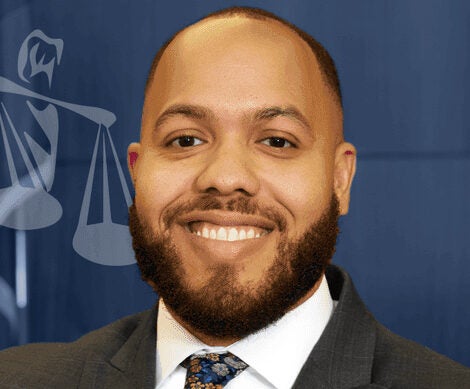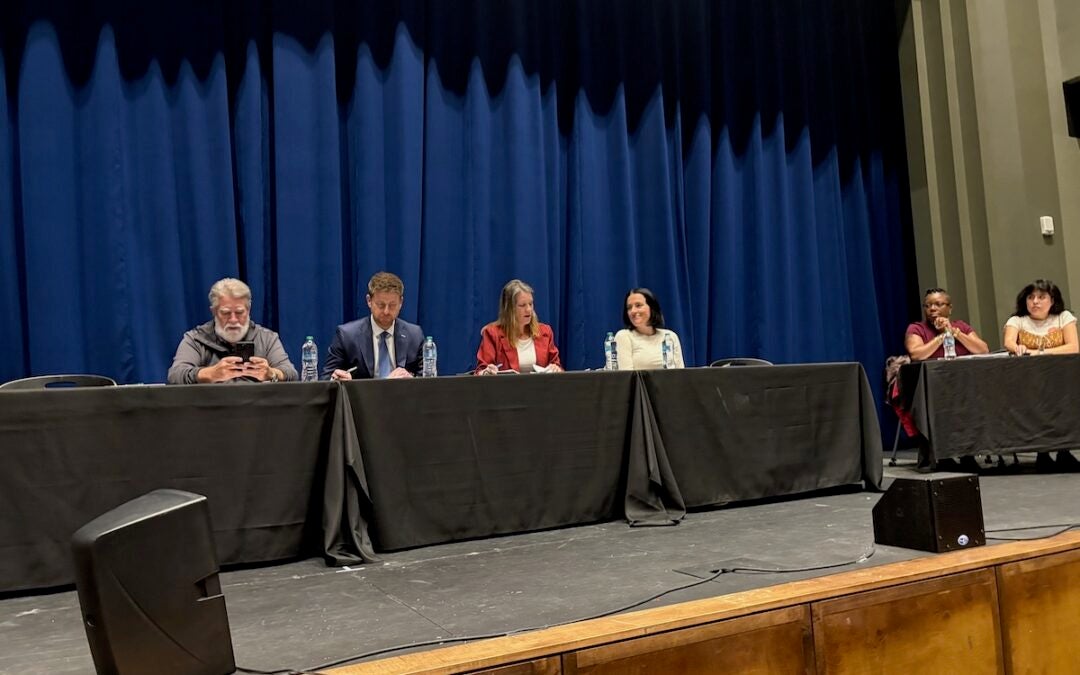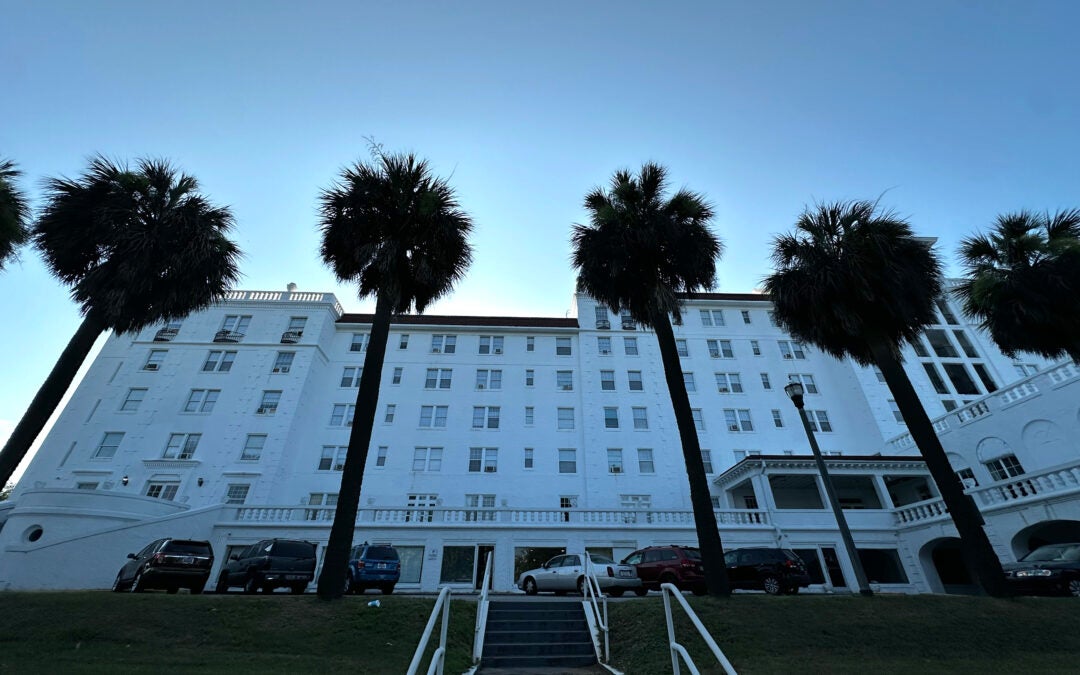The efforts of a new state commission to police prosecutors will continue as planned after a judge denied three Georgia district attorneys’ request for a preliminary injunction.
The lawsuit and a companion case are the latest filed by Augusta Circuit District Attorney Jared Williams and other Georgia DAs challenging the establishment and authority of the Prosecuting Attorneys Qualifications Commission.
MORE: ‘Very, very thankful’: Jury clears deputy of disorderly conduct charge

Williams was again joined by Stone Mountain Circuit DA Sherry Boston, a Democrat, and Republican Jonathan Adams of the Towaliga Judicial Circuit, in challenging the commission.
They are three of the four who took on the commission last year in a case that was later dismissed.
Fulton County Superior Court Judge Paige Reese Whitaker denied the injunction request Tuesday.
Williams said the procedural decision was not a final ruling on the merits.
“We are committed to continuing our fight against this unconstitutional overreach by the state as our challenge makes its way through the courts,” he said.
Senate Bill 92’s lead sponsors, Sen. John F. Kennedy, R-Macon, and Sen. Randy Robertson, R-Cataula, said the setback was cause for the plaintiffs to drop their case.
“To continue this challenge is an injustice to crime victims in our communities, as well as to Georgia taxpayers having to shoulder the expense of this frivolous case,” Kennedy said.
In Reese’s ruling, she noted that the commission had initiated no actual investigation or disciplinary proceeding against a prosecutor.
The Georgia constitution permits the legislature to regulate prosecutors, including requiring them to review every case for potential prosecution, she held.
The public’s interest is presumably being served, because the laws are created by leaders elected by the people, the opinion said.
The Tuesday ruling isn’t the last word on the lawsuit. The court still has to rule on a May motion filed by the defendants to dismiss it.
The commission’s work, meanwhile, is likely to pick up next month.
The commission’s investigative panel announced July 11 it has hired Savannah prosecutor Ian Heap as its first executive director.
When he begins work Aug. 1, Heap will lead investigations into complaints of misconduct by district attorneys and solicitors general, according to a news release.










